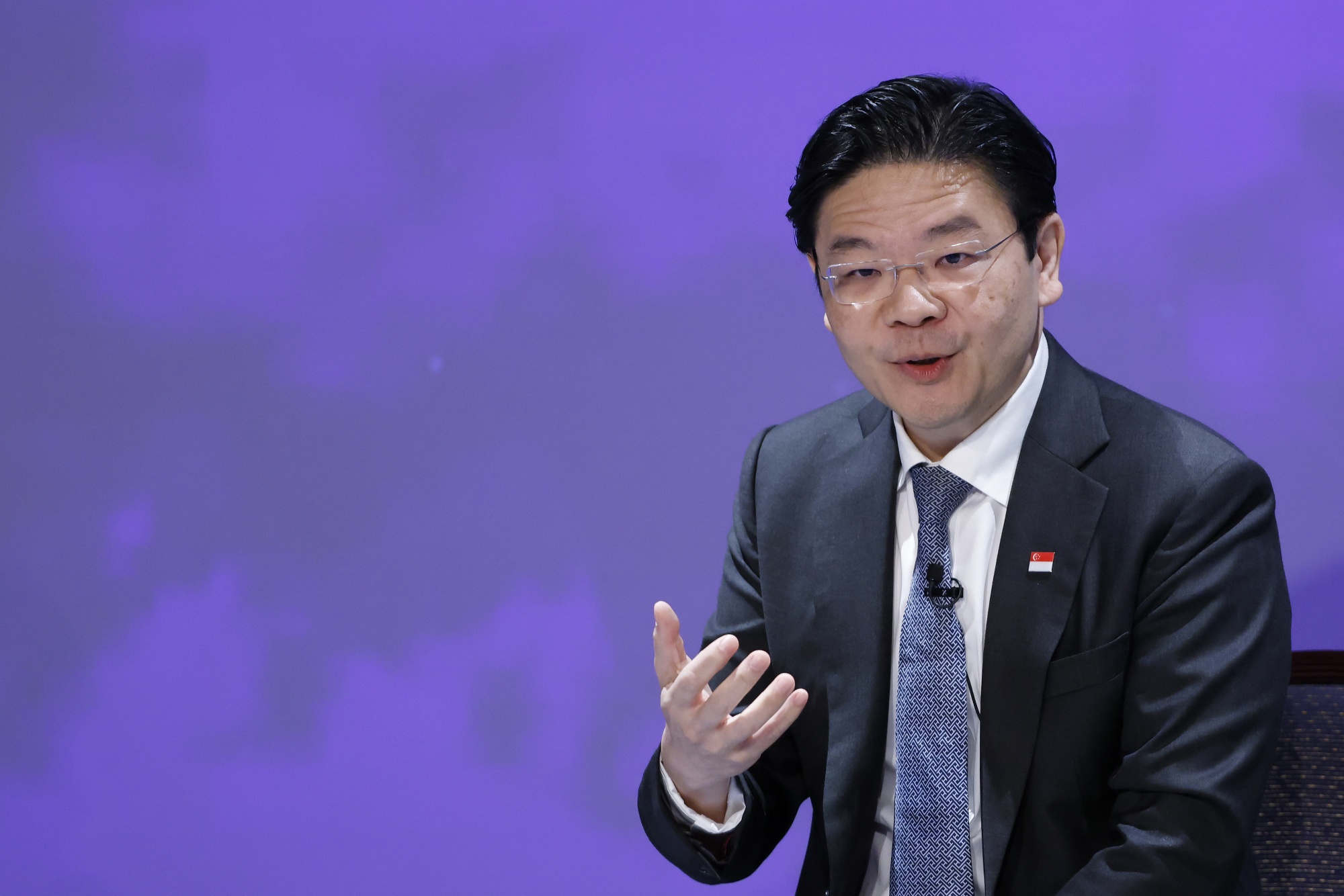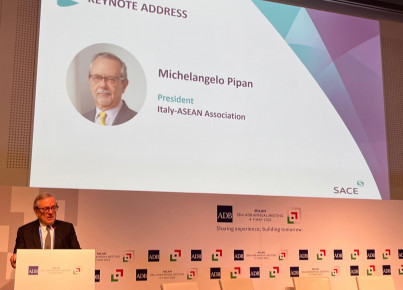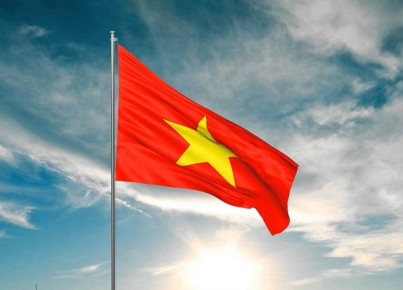After 20 years Singapore is changing Premier. And for the first time, it is not a member of the Lee family
By Francesco Mattogno
On May 15, Singapore will have a new prime minister, the fourth in its history. As has always been the case since the city-state's independence (1965) to the present, the handover will not be due to the result of an election, or a vote of no confidence in parliament. For the third time since it has been in power, that is, since forever, the People's Action Party (PAP) has carefully planned well in advance the leadership change, which will pass into the hands of the “fourth generation” (4G) of party leaders.
Last April 15, the current premier Lee Hsien Loong, who has been in office since 2004, announced that he will leave his post to Wong Shyun Tsai, known to all as Lawrence Wong. Underscoring how everything has been organized down to the last detail, a month in advance we already know the time when the swearing-in ceremony will be held in the presidential palace in Singapore, namely 8 p.m. on May 15, precisely. Wong will thus become the fourth prime minister in the country's history, the second not to be a member of the Lee family.
Lee Hsien Loong is in fact the eldest son of Lee Kuan Yew, who came to power in 1959 and the first premier in the independent history of the Republic of Singapore, which became an autonomous state in 1965 following its split from Malaysia. The PAP has ruled continuously ever since, legitimized by the enormous economic growth of the city-state, which it has transformed over the decades into one of the world's leading financial centers. Singapore holds regular elections, which the PAP has always overwhelmingly won, monopolizing parliament. The next ones are scheduled by November 2025, but could be brought forward.
The change of leadership comes at perhaps the most sensitive time in the PAP's history. Meanwhile, in contrast to what happened during the 1990 handover between Lee Kuan Yew and his successor, Goh Chok Tong, the Lee family's historic hold on the party seems likely to fade in the near future. At that time Goh immediately appointed Lee Hsien Loong as his deputy, making it already clear how he would be the future leader of the PAP and premier of the country, more than a decade in advance.
Today, however, there do not seem to be any Lee heirs on the horizon ready to keep the PAP a family-owned asset for decades to come. This will make Wong the first premier to have no explicit connections to the Lees, although it is likely that, at least for the next few years, Lee Hsien Loong will continue to exert his influence over the PAP and thus the country.
Also complicit in this situation, the party has begun to show signs of fragility. Wong was not the first choice for the leadership change. Before him in 2018 was designated Heng Swee Keat, who was supposed to take Lee's place as early as a few years ago. The outbreak of the Covid pandemic led the PAP to postpone the transition, whose stability was then challenged by the 2020 elections, in which the party won “only” 83 of the 93 elective seats, one of the worst results in its history. The relatively modest outcome of the vote convinced Heng to step aside.
Instead, the pandemic proved to be an opportunity, for Wong. A former finance minister and deputy prime minister, Wong was noted for the good work he did as co-chair of the task force set up by the government to handle the emergency caused by Covid. In 2022, the PAP leadership then appointed him leader of 4G and de facto successor to Lee, but not unanimously (15 in favor out of 19), denoting at least a slight internal fragmentation. To this must be added the scandals that in recent months have technically led to the resignation, in practice the removal, of parliament speaker Tan Chuan-Jin (over an extramarital affair with a female MP) and Transport Minister Subramaniam Iswaran, who was accused of corruption (we reported on them here).
The two affairs caused a stir, undermining the image of integrity and fairness that the PAP has built up over the decades and contributing to the strengthening of the opposition, led by the Workers' Party (WP). The party's 4G members thus do not enjoy the same level of adulation shown by Singaporeans toward previous leaders (there is already no shortage of nostalgics and hagiographies of Lee Hsien Loong).
Wong will have to deal with this and a domestic situation that is not the best. Although Singapore's per-capita income remains among the highest in the world ($80,000 in 2022), income inequality between the upper and lower segments of the population is increasing, as is the cost of living. This is leading Singaporeans to have fewer and fewer children or leave the city-state, while the country's perception as a stable financial center is being eroded by increasing corruption and “dirty” money laundering. The various international crises are also challenging the international order that has allowed Singapore to thrive in recent decades.






